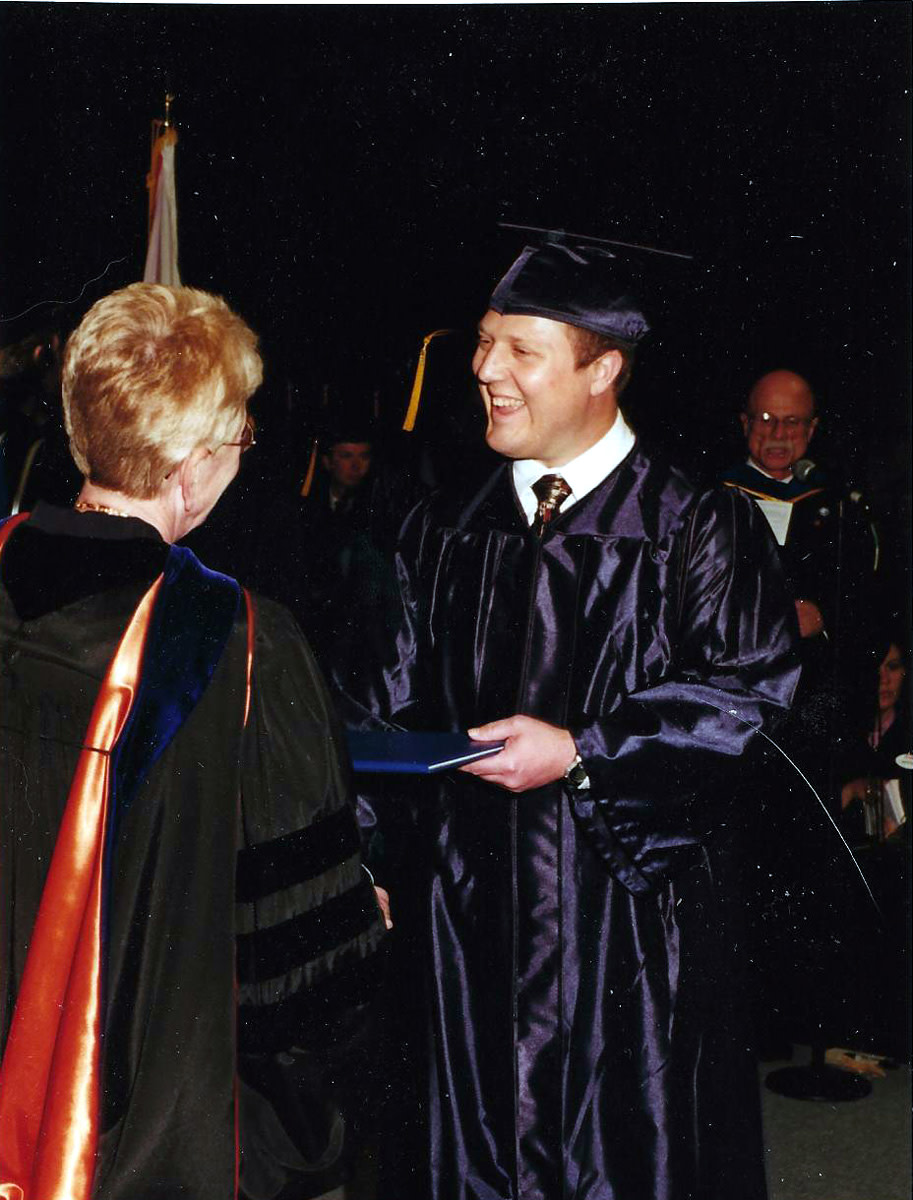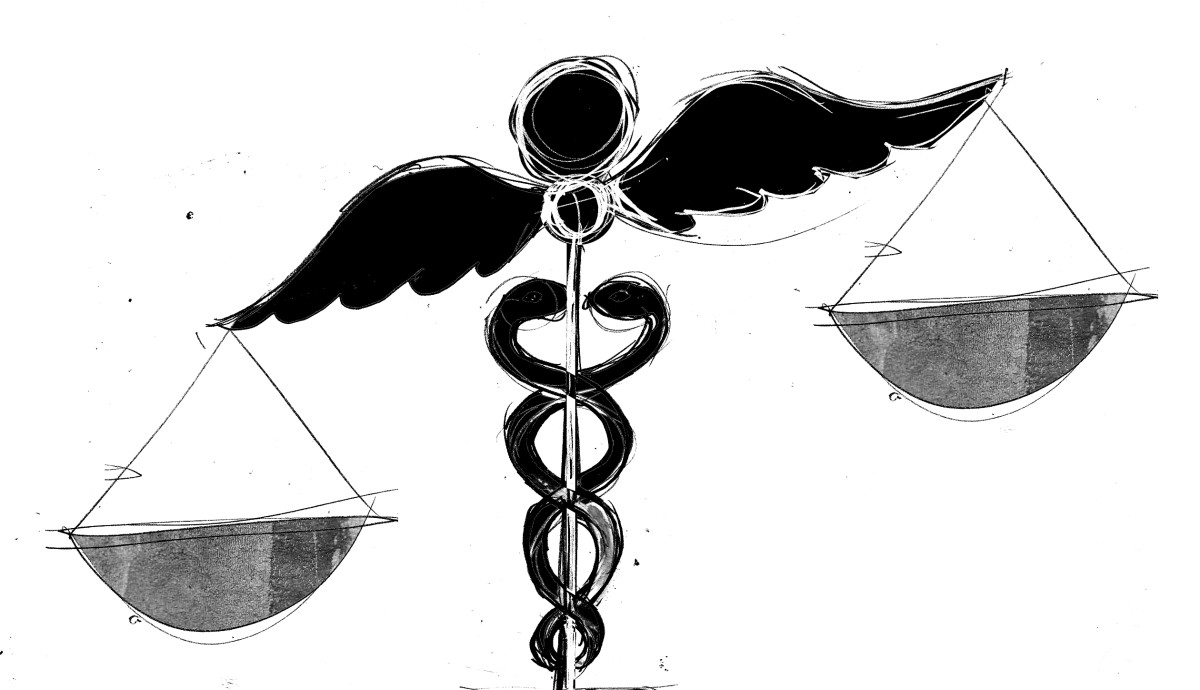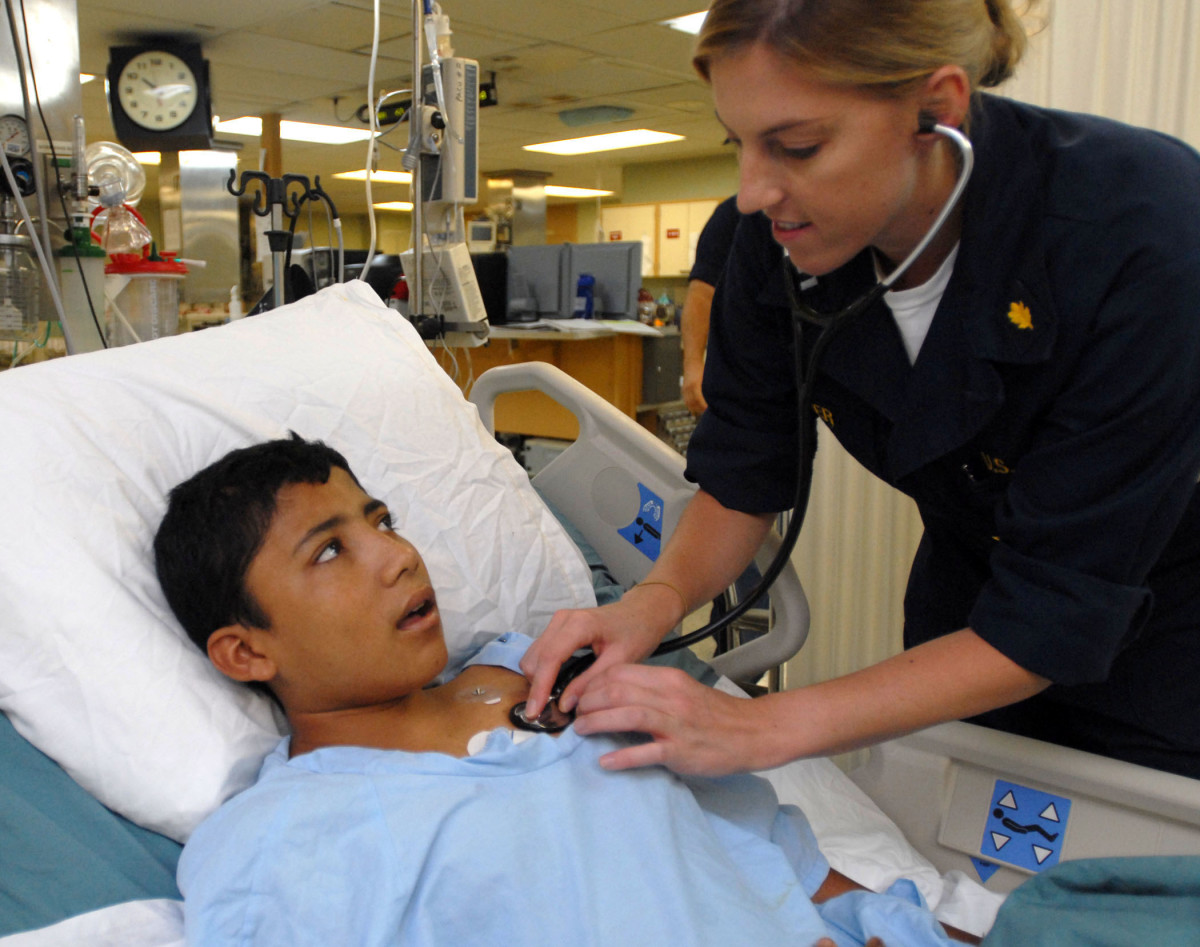Types of Nursing Doctorates

Types of Nursing Doctorates
Generally, there are two types of nursing doctorates–a Doctor of Nursing Science (DSN/DNS, or DNSc) which is commonly chosen by individuals who would like to be researchers or professors at nursing programs, and a Doctor of Nursing Practice (DNP) which is more on nursing clinical aspects.
Nursing as a profession is very vital to the medical world. It focuses on the care of people, starting from an individual, to families, to communities and to countries. They provide care to patients so they attain and maintain optimal health as well as a good quality of life, starting from conception up until death. Nurses have a wide variety of specialties that require deep knowledge of the sciences. They work in teams and sometimes independently with goals of assessing, planning, implementation and evaluation of care.
For nurses, getting a doctoral degree is quite new. Today, a practicing nurse either has a bachelor’s degree or a master’s degree and acquiring a doctorate will just be an option. A great benefit of getting this kind of degree will provide you the training needed and the skill necessary to gain expert knowledge in terms of healthcare. Nurses with doctoral degrees get credentials of being independent practitioners similar to medical doctors and pharmacists. This also means that they are responsible for their actions and are fully accountable. They also have coordination with specialists but have no specific supervision of the physician.
This is still a fairly new phase and the healthcare and medical field is still adapting to this change. This can also be considered a challenge to the traditional ways and thinking of a relationship between a physician and a nurse so we are yet to see the effects.
Now, the highest degree a nurse can earn would be this doctorate level. One must obtain the pre-requisite, which is a bachelor’s degree, and then obtain a master’s degree before proceeding to complete the highest level. Once you have achieved this degree, some can now refer to you as a "Doctor Nurse," which is expected to grow big in demand in about ten years.
When a nurse engages in programs for doctor of nursing, one is being prepared to take on future careers in proper efficient administration of healthcare services (wherein a DNP is more preferred for nursing executives), advanced clinical practice, and clinical research. If you plan to take on the challenge, be prepared to commit to the programs that usually completes in four to six years and it will be totally up to you which specific research area you want to focus on.
Regardless of the research area, a nurse receives training for research methods (data analysis and statistics), leadership skills, as well as the history and philosophies behind nursing science.
There are several nursing doctorate programs but one may specialize in either Clinical Leadership or Direct Healthcare. Clinical/Health Systems Leadership focuses more on strategic planning and administrative practices. Only a few nurse doctoral programs that are credentialing in the United States but the healthcare field continue to grow so we can expect for these numbers to expand in the years to come.
Here are some types of nursing doctorates currently offered.
Doctor of Nursing Programs – this needs 3 to 5 full-time study years, summers included. This prepares nurse leaders who will be able to implement needed changes in a current system for managed care. A great demand will be in need for these types of doctor nurses since developments are expected to come to the healthcare system together with the population aging at the same time.
Doctor of Nursing Practice Programs –this area is based on leadership development for clinical practice. Graduates are equipped with the knowledge needed for patient outcomes, clinical care delivery, research, and systems management.
Doctor of Nursing Science Programs – once a nurse graduates with the degree, they use whatever research information is gathered together with the skills, to provide influence specifically to the healthcare system. Dissertations are a common requirement in this field, together with statistical analysis and healthcare economics.
Doctor of Nursing Philosophy Programs – this area trains PhD in nursing scholars who will influence the administration of public policy. They contribute mainly through theoretical study and research.
MSN/PhD Dual Degree – the program is specifically for nurses who are highly qualified with a bachelor’s degree. Those interested in programs that are intensive and are accelerated in terms of simultaneously learning in advanced research and a master’s preparation at the doctoral level, this is for you. The program will require you 5 years to finish.
Most academic institutions haven’t finalized yet their curricula for the doctoral programs for nurses but some offers fast track programs from BSN to MSN to PhD and gives a Doctorate in Philosophy in Nursing.
Whatever one wants to pursue among the types of nursing doctorates, a nurse will forever be respected and appreciated for the efforts they put in caring and touching as many lives as they can.








